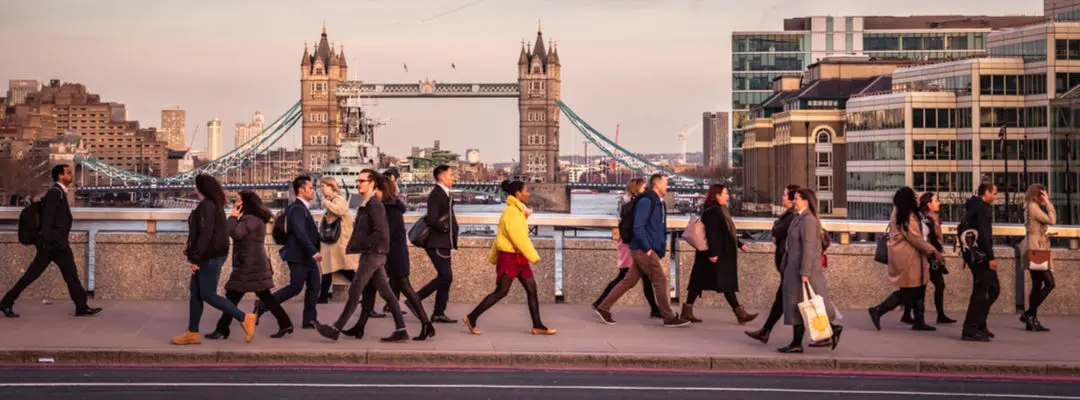Hope is in the air. The sun is shining, the vaccination programme is progressing, and people can take advantage of non-essential shopping, sit in a beer garden, and see their friends and loved ones. After a hard and testing winter, it is only right that the country enjoys a return of those freedoms which we all took for granted pre-COVID-19 and have sorely missed over the past year and a half.
Of course, we are still some way off a complete return to normality, but the UK remains well on its way to that crucial date of 21 June, when (barring some disaster) the majority of restrictions will be lifted. If this date still seems a million miles away, it is worth reminding ourselves what we can look forward to between now and then.
From 17 May, indoor hospitality and entertainment venues will reopen. That means pubs, restaurants, and cinemas to name but a few. For those so minded, indoor adult group sports and exercise classes will also be permitted. In addition, performance and sporting events will return, although the exact number of spectators allowed will depend on whether the event takes place indoors or outside, and how large the venue is. Finally, up to 30 people will be able to attend weddings, receptions, funerals, and other life events. This will enable more of us to celebrate or mark those important moments which all mean so very much to us.
However, while these are important steps in the right direction, there remains huge uncertainty in a number of important areas.
The report published by the Global Travel Taskforce in April, provided a framework for restarting overseas travel on 17 May, but very little detail. Those who work in the aviation and travel industries will therefore be anxiously waiting for government to publish its Green List of countries, from where travellers can return to the UK with no requirement to quarantine.
Throughout the long process of lifting restrictions, the government has understandably been cautious. Failed attempts to reopen the economy in 2020 (we all remember the Christmas U-turn) provided a stark lesson in expectations management, and the government has repeatedly said that the pace of the lockdown will be dictated by data, not dates.
However, as more people are vaccinated, the Prime Minister could come under increased pressure from both the opposition and his own backbenchers to accelerate the pace of unlocking. The extent to which he will be inclined to listen will depend on how the Conservative Party performs in the local and mayoral elections on 6 May.
Outlining the political landscape
Up until now polls have consistently shown the Conservatives to have a robust lead over Labour. But the current fallout between No10 and the Prime Minister’s former Chief Advisor, Dominic Cummings, could cast a shadow over the Conservative Party’s lead so far. However, assuming this is short term political turbulence in the run up to the local elections, then any strong performance in these elections, alongside a win in the Hartlepool by-election, will likely be viewed as confirmation of the current approach.
It will also leave the Prime Minister in a strong position as he considers his next Cabinet reshuffle and returns focus to his domestic agenda. We will know more about what this will look like on 11 May, when HM The Queen opens Parliament and delivers her government’s legislative programme.
We can anticipate some bills to be rolled over from the previous term, such as the long-delayed Environment Bill, which is a key part of the government’s green agenda and will become increasingly important in the run up to COP26 in November. Other new legislation will address the building safety regulatory regime, reform the asylum system and repeal the Fixed-term Parliaments Act. We may also see a bill designed to finally reform Health and Social Care, based on the proposals set out in a DHSC White Paper in February.
These bills will inevitably be accompanied by other initiatives to promote the economic recovery and the levelling up agenda. This has been the cornerstone of this government’s purpose since 2019 and will be one of the defining yardsticks by which the government will be measured come the next General Election which, if the Fixed-term Parliaments Act is repealed, could arrive sooner than we think.
Further political analysis will be provided by Alex Challoner at the next CBI Government Affairs Network event on 10 June, register your free place below
This article first appeared on CBI’s website. You can view it here.




